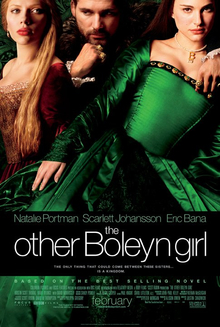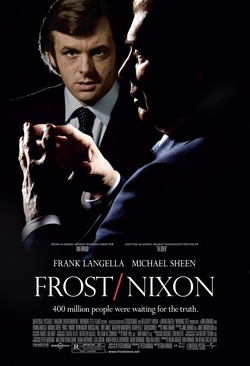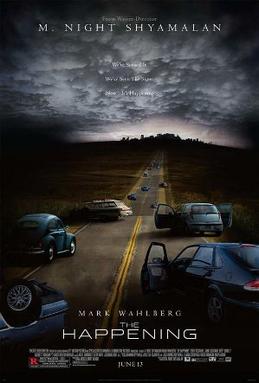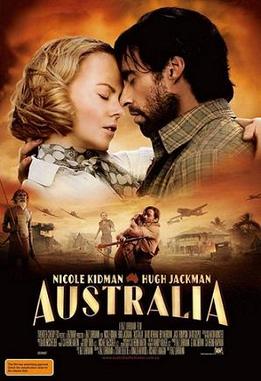An Excellent 1940s Window Into World War II
The Story Of G.I. Joe is a film about patriotism, friendship and sacrifice but, ultimately, it is a film about the real cost of war: human life. Some war films focus more on wartime action scenes or tell a story from a historical perspective; The Story Of G.I. Joe, however, goes out of its way to tell the story of the average American G.I. in World War II. The viewer hangs out with the G.I.'s for most of the film, getting to know them, their daily struggle and the life they are missing back home. But what separates The Story Of G.I. Joe from other soldier-centered wars films is the fact that many of the actors who are playing soldiers are not actors at all but real-life World War II veterans actually playing themselves in the film. As veterans of the World War II, these guys give the film a down-to-earth quality and an added bit of credibility that most other war films cannot begin to rival.
This group of veterans give the film credibility and emotion but the actual actors do a good job as well. As war correspondent Ernie Pyle, Burgess Meredith is the film's silent star. The short and reserved nucleus of the story, Meredith guides the viewer through the courage, heartache and camaraderie of the World War II American G.I. unit by standing back and observing. Just a no-named upstart during the film's production, future Hollywood legend Robert Mitchum is terrific in the film, giving the only Oscar-nominated performance of his career as Capt. Bill Walker. Mitchum's performance is a great one - layered and unpredictable - but his recognition for this specific film is odd within the greater scope of his career because Mitchum has given so many better performances after The Story Of G.I. Joe. Still, while this is not the definitive Robert Mitchum performance, it is undoubtedly great and was the first time that his talent was fully recognized. Through Mitchum, Walker is the heart of the film; a tough but caring leader with a perpetual weary look in his eye.
The Story Of G.I. Joe is a well-told story of World War II American G.I.s but director William A. Wellman (Wings (1927 - the first Best Picture Oscar winner), The Public Enemy (1931)) also offers some stunning visual aids. While perhaps not achieving the same kind of authenticity that other war films may have done (Saving Private Ryan (1998), for example) The Story Of G.I. Joe does look and feel very real. The art direction is flawless; one does not begin to question whether or not the film is actually taking place in the unkind desert of North Africa or a ruinous Italian town because of the fantastic-looking sets that are featured in the film. This World War II film is also not short on unforgettable action scenes, very well filmed with many footage-like battle sequences (some might actually be footage shots though). The genuine-looking and feeling visuals enhance the hardship of the characters at its center and, as a result, makes The Story Of G.I. Joe even more of a powerful and authentic war film.
Premiering in June of 1945, World War II was very much still that the forefront of American life; while the European front had already been won, Japan had yet to surrender and the war limped on. The Story Of G.I. Joe would have no doubt given audiences of that time a feeling of pride in the soldiers responsible for the victories in Europe but also a feeling of encouragement for the Pacific front that had not yet ended. But for 21st Century audiences, with enjoyable performances and a wonderful cinematic World War II setting, The Story Of G.I. Joe is a very good World War II film and a great 1940s window into the life of the American G.I.
CBC Rating: 9/10














